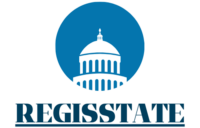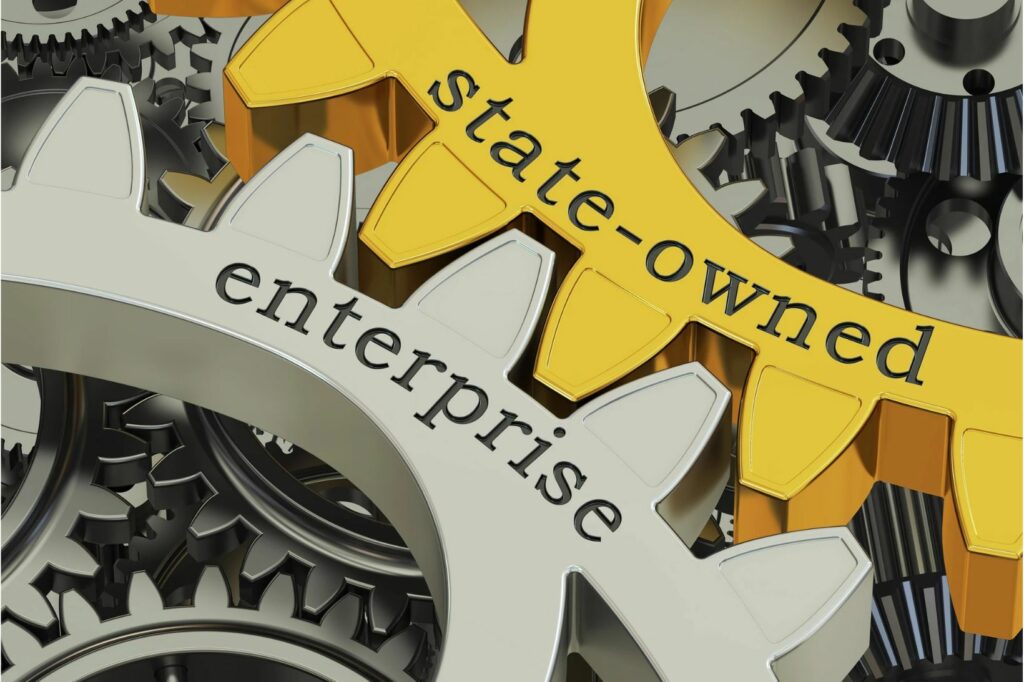State-owned enterprises (SOEs) play a crucial role in the global economy, often serving as the backbone of essential industries like energy, transportation, and telecommunications. These entities, while publicly owned, must operate efficiently and transparently to ensure they meet both economic and social objectives. Governance of SOEs is a complex yet vital process that can significantly impact a nation’s economic health and public trust.
Effective governance in SOEs involves balancing government oversight with operational autonomy, ensuring these enterprises contribute positively to national development. It requires robust frameworks and policies that promote accountability, transparency, and efficiency. As economies evolve and global competition intensifies, the governance of SOEs becomes even more critical, demanding innovative strategies and practices to navigate challenges and seize opportunities.
State Owned Enterprises Governance
Governance in state-owned enterprises (SOEs) ensures their alignment with national economic, strategic, and social goals. Efficient governance structures impact economic health and public trust.
Enhancing Accountability and Transparency
 Effective governance frameworks increase accountability and transparency in SOEs. They establish clear structures that define roles, responsibilities, and decision-making processes. Public disclosure of financial results and performance indicators ensures that all stakeholders, including government entities and the public, have access to essential information. Enhanced oversight mechanisms, such as independent boards and audit committees, safeguard against mismanagement and corruption by increasing scrutiny of operations.
Effective governance frameworks increase accountability and transparency in SOEs. They establish clear structures that define roles, responsibilities, and decision-making processes. Public disclosure of financial results and performance indicators ensures that all stakeholders, including government entities and the public, have access to essential information. Enhanced oversight mechanisms, such as independent boards and audit committees, safeguard against mismanagement and corruption by increasing scrutiny of operations.
Promoting Efficiency and Competitiveness
Governance promotes efficiency and competitiveness by balancing operational autonomy with government oversight. Streamlined processes help reduce bureaucracy, allowing SOEs to respond swiftly to market demands and competition. Performance metrics aligned with strategic objectives guide managers in resource allocation, improving productivity. Competitive benchmarking fosters an environment where SOEs can innovate and leverage best practices from the private sector to enhance service delivery and maintain market relevance.
Key Challenges in Governance of State Owned Enterprises
State-owned enterprises face several governance challenges that impact their efficiency and effectiveness. Two significant issues are political interference and lack of oversight and regulation.
Political Interference
Political interference disrupts operational autonomy in state-owned enterprises. Governments might prioritize political agendas over business efficiency, leading to decisions that don’t align with commercial interests. For instance, appointing unqualified individuals based on political connections rather than merit diminishes management quality. This interference not only hampers decision-making processes but also affects the SOE’s ability to achieve its economic objectives effectively.
Lack of Oversight and Regulation
Insufficient oversight and regulation compromise transparency and accountability in SOEs. Without strong regulatory frameworks, there are increased risks of corruption and mismanagement that can remain unchecked. Inadequate regulation prevents the establishment of clear performance benchmarks, making it difficult for these entities to stay competitive. Additionally, the absence of robust oversight mechanisms can result in inefficiencies and financial losses, which undermine public trust in these enterprises.
Best Practices for Governance
Effective governance of state-owned enterprises (SOEs) rests on a foundation of strategic frameworks and stakeholder collaboration. These practices enhance accountability, transparency, and efficiency, aligning SOEs with national objectives and fostering public trust.
Implementing Strong Legal Frameworks

Building robust legal frameworks is essential for SOE governance. These frameworks should define the roles and responsibilities of government bodies, management, and boards of directors to ensure accountability. Clear legislation and regulations standardize procedures and establish performance metrics. Mandatory public disclosures of financial statements and activities create transparency and reduce corruption risks. Nations like Singapore with their Statutory Boards showcase effective legal structures that balance state control and autonomy.
Encouraging Stakeholder Engagement
Engaging stakeholders enhances governance by integrating diverse perspectives into SOE operations. Regular communication with employees, customers, and communities builds trust and ensures objectives align with societal needs. Creating advisory panels and feedback mechanisms helps capture stakeholder insights, enabling more informed decision-making. For instance, enterprises in Norway actively include stakeholder input to refine strategies and optimize service delivery.
Governance Models
State-owned enterprises serve as crucial pillars in the global economy, bridging the gap between public interests and market demands. Effective governance is central to their success, ensuring they remain accountable and transparent while achieving economic and social objectives. By balancing government oversight with operational autonomy, SOEs can navigate the challenges of political interference and regulatory shortcomings. Implementing best practices and learning from successful international models can enhance their efficiency and public trust.




